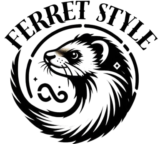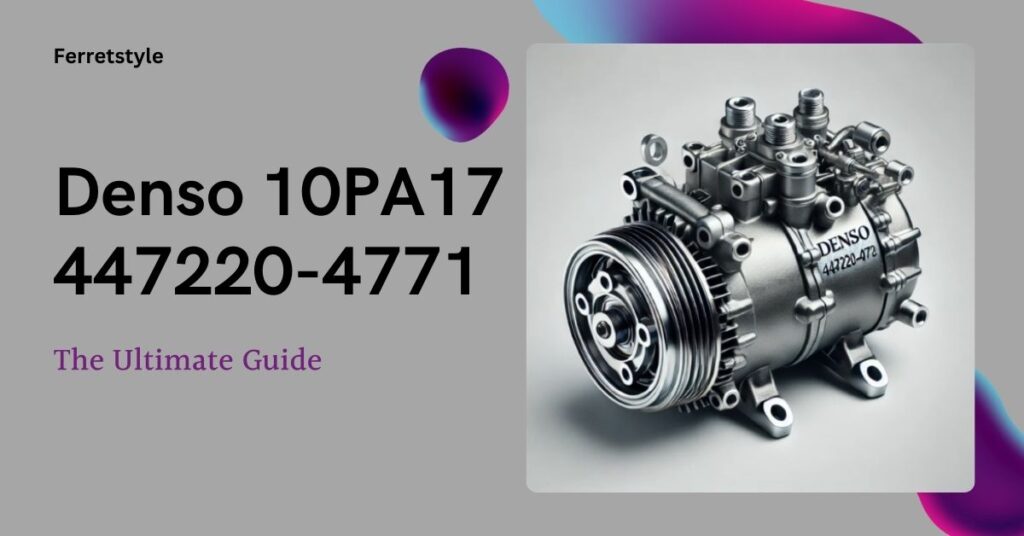If you or your child rents a string instrument, you are responsible for keeping the instrument in good condition. This includes cleaning your orchestra equipment regularly and having it repaired when needed. Here are some instructions for cleaning, sanitizing, and polishing your string instrument rental:
Cleaning
Before playing a string instrument with a bow, you will need to rosin your bow and use an adjustment screw to tighten it. Ask your teacher to show you the proper method. After you finish playing, use a soft cloth to clean the rosin dust from your instrument. Carefully wipe down the strings, instrument, and bow stick. Wipe down your instrument after every session. Avoid bumping your instrument against anything while cleaning it, as this may cause it to break.
Take care when cleaning the bow, as bows break easily. Avoid touching the bow hair. Moisture, oil, dirt, or sweat can negatively impact the hair. Loosen the hair before returning the bow to the case. When repacking your instrument, place it carefully in the case to avoid breaking or denting it.
If you notice a rattling sound while cleaning or see a loose piece of wood, loosen the strings and take the instrument to the music store you rented it from to talk to a repair technician. Do not attempt any repairs yourself or take the piece out. The repair technician may need to reset the sound post.
Sanitizing
Before sanitizing your instrument, talk with your teacher or the music store about proper sanitizing methods and cleaners. On educational instruments, disinfectant wipes are usually safe to sanitize end buttons, chin rests, endpins, pegs, and necks. Wipes are typically safe for tailpieces and string tuners as well. Isopropyl alcohol wipes above 70% can be used on fingerboards. For most student bows, disinfectant wipes can potentially be used on the:
- Frog
- Button
- Winding and thumb grip
- Handle
Avoid dampening the bowstrings with any cleaning product. Check the ingredients of wipes before using them on wood or metal. Alcohol and bleach are not recommended for varnished areas of the instrument, as this may break down the varnish.
You can sanitize the outside of your instrument case, including the handles and straps, with disinfectant wipes. The lining, bow clips, blankets, and the rest of the interior are also able to be cleaned with disinfectant wipes. Leave the case open to dry it. When disinfecting your case, leave enough time for the case to dry before returning the instrument to the case. For additional sanitation, clean personal items like shoulder rests, metronomes, and rosin containers.
For sanitation purposes, avoid sharing your instrument with others whenever possible. This also helps keep the instrument safe. If your child is the one playing the instrument, instruct them not to let others play it without receiving specific permission from you or their teacher. Keep the instrument stored in a safe place away from infants or pets.
Polishing and Other Maintenance
Do not use furniture polish on your stringed instrument. While there are polishes made for stringed instruments, avoid using them on the bow or body. Cleaning your instrument with a soft cloth is sufficient. Store the fabric in your instrument case.
Keep your instrument in good condition by never leaving it in the car or the sun, as extreme temperatures can quickly damage it. Open violin or viola cases on the floor instead of your lap. Remove shoulder rests or sponges before closing the case, and make sure the case is securely latched. Cellos and bass instruments should not rest on their backs or necks, only on their sides. When carrying a cello or bass, hold it in front of you. The bridge side should be next to you. Carry a violin or viola in the rest position.
If the angle of your bridge is not standing straight, do not try to straighten it yourself. The bridge is not glued in place and is held by string tension. Ask your instructor to adjust it. If your instrument needs to be repaired, visit your rental store. Music stores or rental programs may include repair or maintenance plans for band or orchestra equipment as part of your rental agreement.
Seek Orchestra Equipment Rentals
Music stores usually offer new or used instruments in good or like-new condition for rent. See if your music store or rental program offers rent-to-own contracts. This allows you to own your instrument after you make the last payment. If you or your child only need the instrument for a shorter amount of time, turn in the instrument to end the contract. If you are looking to change or upgrade instruments, talk with the store. Some stores deduct the months of rental fees you already paid from the rental price of the new instrument.
Also Read: Coelocaliente: The Harmonious Force Bridging Sky & Earth



